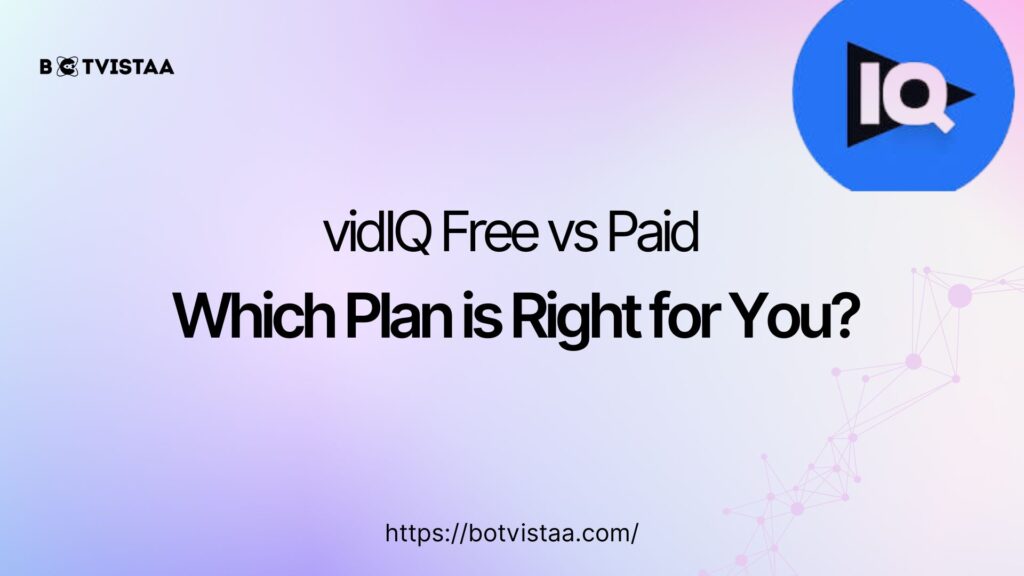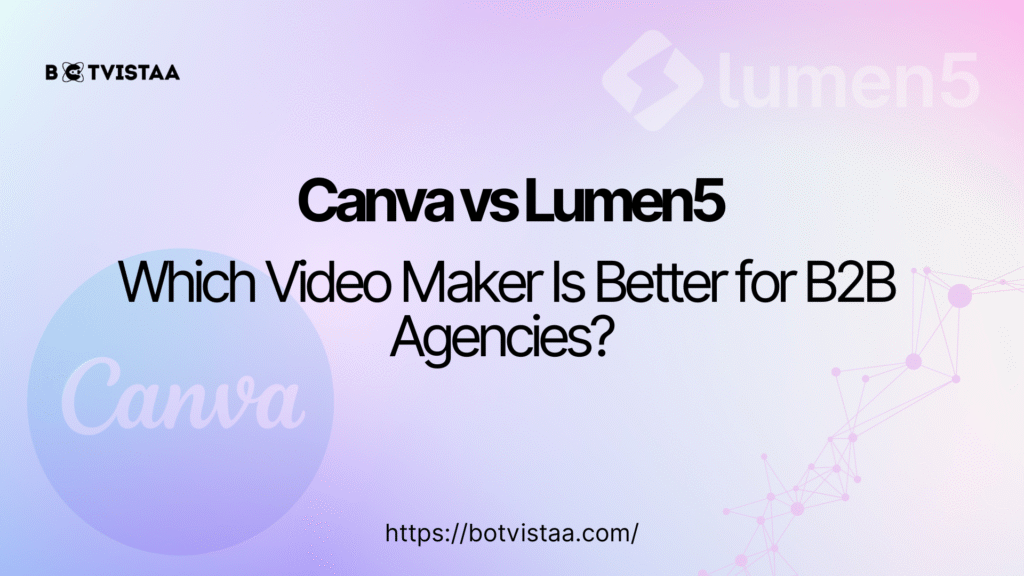Lorem ipsum dolor sit amet, consectetur adipiscing elit. Ut elit tellus, luctus nec ullamcorper mattis, pulvinar dapibus leo.
- Best AI Tools For Automation
What is Content Score in Surfer SEO & Its Impact on Rankings
Jump To
When you purchase through links on our site, we may earn an affiliate commission. Here’s how it works.
What You Need to Know About Content Score & Its Impact on SEO Rankings
- Content Score measures how well your content is optimized for Google’s ranking signals.
- The score ranges from 0 to 100, with 67+ being ideal for ranking well.
- Factors like keyword usage, headings, content length, and NLP terms directly impact the score.
- Content alignment with search intent is key: Answer user queries directly and match what people are searching for.
- Aim for relevant images, internal linking, and a clear structure to boost your score.
- A higher Content Score can improve rankings, but focus on quality content and user experience over perfection.
- NLP Integration: Ensure you’re using relevant NLP terms to improve the context and relevance.
If you’re serious about SEO and want to improve your rankings, you’ve probably heard of Content Score in Surfer SEO.
But what exactly is it?
In simple terms, Content Score tells you how well your content is optimized based on what Google looks for to rank pages. It’s like a fitness test for your content.
If your score is high, your content is ready for the spotlight.
Why does it matter?
Because in today’s SEO landscape, just writing great content isn’t enough. You need to make sure it aligns perfectly with search intent and Google’s ranking signals. That’s where Content Score comes in.
In this post, we’ll break down how it works, what affects your score, and how improving it can help you rank higher on Google.
Want Your Content to Rank Higher?
Surfer SEO’s Content Score can help you align with Google’s ranking signals.
What is Content Score & How is It Calculated?
In simple terms, Content Score is a number from 0 to 100 that shows how optimized your content is for Google’s ranking signals. It’s not just a random number—this score is based on how well your content matches what’s working for the top-ranking pages for your target keyword.
So, how’s it calculated? Let’s break it down:
- Keyword Usage: Surfer looks at how well you’re using primary and secondary keywords.
- Headings: It checks if your headings (H1, H2, etc.) have the right terms and structure.
- Content Structure: Surfer loves well-structured content with proper paragraphs, images, and subheadings.
- NLP (Natural Language Processing): This is where things get interesting. Surfer uses NLP to find related terms and phrases that improve the relevance of your content.
- Content Length: Longer doesn’t always mean better, but there’s a sweet spot in length for every topic, and Surfer helps you find it.
The higher your score, the more likely your content is aligned with what Google values. Aim for a score of 67+, but remember, don’t obsess over reaching 100. Surfer will guide you in the right direction, but relevance and quality matter more than perfection.
How Content Score Impacts Search Rankings

Content Score isn’t just a number, but it directly impacts how well your content performs in search rankings. Here’s how it works:
Google Wants Relevant Content
The higher your content score, the better your content aligns with Google’s ranking signals. Google favours content that answers users’ queries effectively.
If your content score is high, it means your content is optimized to match the search intent and has a higher chance of ranking well.
Content Score and On-Page SEO
Surfer SEO’s Content Score is an on-page SEO metric. It looks at factors like keyword usage, headings, and structure to ensure that your content is SEO-friendly.
When your content checks all these boxes, Google’s algorithm is more likely to see it as relevant and authoritative, which helps improve your rankings.
Content Score Helps Fine-Tune Your Content
The beauty of Content Score is that it gives you a real-time view of how well your content is optimized.
If your score is low, Surfer will tell you exactly what needs to be fixed, such as adding more relevant keywords, improving structure, or including NLP terms.
Higher scores mean your content will better align with what Google expects to rank higher.
Content Gaps and Competitor Insights
Surfer helps you identify content gaps, things your competitors are doing that you might not be.
By filling in those gaps, you not only increase your Content Score, but you also improve your chances of ranking higher by covering the topic more thoroughly than others.
Higher Content Score = Higher Ranking Potential
Simply put, a higher Content Score increases your chances of ranking higher on Google. But remember, it’s not just about achieving a perfect score.
It’s about optimizing for relevance and value, which Google looks for in the content to serve to users.
In short, Content Score is a powerful tool for aligning your content with Google’s ranking signals. By increasing your score, you improve your content’s visibility, making it more likely to perform well in search rankings.
PRO TIP
Don’t Chase Perfection, Focus on Relevance
While it’s great to aim for a perfect Content Score, remember that content relevance and quality are more important than hitting a perfect score.
Google values valuable, helpful content over over-optimized articles. So, prioritize creating content that answers the user’s question and matches search intent.
What Affects Surfer SEO’s Content Score?
Content Score is built on multiple key factors, each one playing a role in how well your content aligns with Google’s ranking signals.
In this section, we’ll break down these factors and show you how to optimize them for better search visibility and higher rankings.
Factors That Affect Surfer SEO’s Content Score are
Keyword Usage:
Your Content Score depends heavily on how effectively you use your target keywords. But it’s not just about stuffing them in; it’s about placement and density.
Using your main keyword in the right places—like the title, headings, and within the content itself—helps signal to Google that your content is relevant.
Headings and Structure
Surfer SEO looks at how you’ve structured your content. Headings (H1, H2, H3, etc.) should not only include the primary keyword but also relevant semantic terms that align with your search query.
A well-structured piece of content with clear, logically organized headings is easier for both users and search engines to understand.
NLP Terms (Natural Language Processing)
NLP plays a huge role in Surfer SEO’s Content Score. Google wants content that matches search intent and context. That’s where NLP comes in.
Surfer SEO analyzes the contextual relevance of your content, suggesting related terms and phrases you should include. By adding these NLP terms, your content becomes more aligned with Google’s understanding of the topic.
Content Length and Depth
Content that’s too short may miss out on important ranking signals, while long content with low quality or excessive fluff won’t cut it either. Surfer SEO recommends the optimal length based on the top-ranking pages.
This length should be enough to cover the topic in-depth, answer user queries, and include enough details to satisfy Google’s ranking algorithm.
Internal Linking
Internal linking helps strengthen the authority of your content and improves its Content Score. Surfer SEO recommends linking to related articles or important pages within your site.
This helps Google understand how different pieces of content on your site relate to each other and boosts the overall authority of your content.
Images and Alt Text
Including relevant images with optimized alt text is another important factor for your Content Score.
Surfer SEO analyzes image relevance and the use of alt text to ensure that your media contributes to both user experience and SEO optimization.
Want to Beat the Competition?
Now that you know how important Content Score is, it’s time to implement these strategies for higher rankings.
Content Score Ranges: What Do They Really Mean?

Surfer SEO’s Content Score gives you a snapshot of how optimized your content is. But what do the scores really mean, and how do they impact your content’s ability to rank?
Here’s a breakdown of the different ranges:
0-33: Under-Optimized Content
If your Content Score falls in this range, your content likely needs a lot of work. It could be lacking critical SEO factors such as proper keyword usage, structure, or relevance.
To improve, focus on adding more text, optimizing keywords, and improving content depth.
34-66: Decent Optimization
Content in this range is on the right track but could still use some fine-tuning.
You’ve got the basics down, but you may need to improve keyword relevance, use of NLP terms, or heading structure.
Focus on making your content more contextually relevant and filling any gaps that might have been missed.
67-100: Well-Optimized Content
A Content Score above 66 means your content is well-optimized for Google. At this point, your content is likely addressing search intent effectively and is structured to perform well in search rankings.
However, perfection doesn’t always guarantee success. Focus on quality and relevance, and aim for continuous improvement.
The best all-in-one SEO tool I’ve used
“I’ve been using SurferSEO to optimize the articles I write for my company. My team is really pleased with the achievements we make with Surfer.”
Does a Higher Content Score Guarantee Better Rankings?
Content Score is a great tool for optimizing your content, but it doesn’t guarantee top rankings.
It’s just a guide to help you align with Google’s ranking signals, but there’s more to the ranking game than just a number.
So, what exactly should you keep in mind?
Content Quality Over Score
A high Content Score is important, but quality content will always take the lead.
Google values user-focused content that answers questions and provides value, not just content that ticks off all the optimization boxes.
Content Score as a Tool, Not a Guarantee
While a high Content Score improves your chances, it’s not a direct ranking factor.
Think of it like a checklist to make sure your content is optimized for SEO, but you still need to focus on high-quality writing, relevant information, and user experience.
Google’s Evolving Algorithms
Google’s algorithms are constantly evolving, so a high Content Score doesn’t always mean that your content will rank higher.
Algorithms also consider backlinks, user engagement, and other factors that influence rankings.
Focus on Relevance and User Intent
Matching search intent and providing relevant, well-structured content is crucial.
A high Content Score can help ensure that your content aligns with what Google is looking for, but it’s ultimately the relevance of your content that will push it up in the rankings.
In short, Content Score is a valuable metric for optimization, but it’s just one piece of the puzzle.
Focus on creating content that provides real value, aligns with user intent, and is optimized with quality SEO practices.
You Know What?
Content Score is Not a Magic Bullet
You know, just having a high Content Score doesn’t guarantee top rankings. It’s just one piece of the puzzle.
Combine it with quality content, user experience, and a strong backlink profile for the best results. Don’t get too caught up in the numbers; focus on delivering value.
Case Study: E-commerce SEO Success with Surfer SEO
Client: E-commerce Store in the Pet Supplies Niche
Challenge:
An e-commerce store specializing in pet supplies faced challenges with low organic traffic and minimal keyword rankings.
Their website ranked for only 157 keywords, had no blog content, and virtually no organic traffic.
Strategy Implemented:
SEO Content Audit:
Conducted a comprehensive SEO audit using Surfer’s Content Audit tool to identify existing gaps and opportunities in the e-commerce site.Content Optimization:
Utilized Surfer’s Content Editor to optimize product pages and blog content, focusing on keyword usage, content structure, and relevance to search intent.Internal Linking:
Improved internal linking to ensure logical connections between pages, enhancing site crawlability and user experience.Content Strategy:
Developed and published 5-6 blog posts monthly, targeting informational and product-related queries to build topical authority.
Results:
Keyword Rankings:
Increased from 157 to nearly 5,500—a 3,403% growth.Organic Traffic:
Surged from around 30 to over 200 clicks per day.Sales Performance:
Achieved the best sales year ever, demonstrating the direct correlation between content optimization and revenue growth.
Conclusion:
This case study underscores the effectiveness of Surfer SEO’s Content Score in driving significant improvements in keyword rankings and organic traffic.
By leveraging Surfer’s tools for content optimization and strategic planning, businesses can achieve substantial SEO success.
For more detailed insights, you can explore the full case study here: E-commerce SEO Case Study: 3,403% Increase in Keyword Rankings in 9 Months
Get Better SEO Results Using Content Score in Surfer SEO
In this article, we’ve explored how Content Score plays a crucial role in optimizing your content for better search rankings.
It’s not just about reaching a high number, but about aligning your content with Google’s ranking signals and search intent.
While a higher Content Score can certainly improve your content’s optimization, it’s important to remember that quality and user engagement are still the ultimate drivers of rankings.
Content Score should be seen as a helpful guide, not the sole factor in achieving SEO success.
To really make a difference, focus on optimizing your content structure, strategically using NLP terms, and maintaining a seamless user experience.
Keep your content aligned with what users are looking for, and you’ll see the results.
Ready to See Real SEO Results?
If you’ve been following along, you know that optimizing your content is the key to higher rankings. Now, it’s time to take action and see the results for yourself.
FAQs
What is the ideal Content Score for SEO rankings in Surfer SEO?
Surfer SEO suggests that content with a Content Score of 67 or higher is well-optimized for Google’s ranking signals. While 100 is an ideal score, anything above 67 ensures your content is aligned with search intent, well-structured, and highly relevant to users.
How do NLP terms affect Content Score?
NLP terms are important because they help your content align with user search intent. Surfer SEO recommends using semantic keywords that are related to your target keyword. Incorporating these NLP terms into your content ensures your topic covers all relevant aspects and increases your chances of ranking higher.
Can I use Surfer SEO’s Content Score for all types of content?
Yes! Surfer SEO’s Content Score can be applied to blog posts, product pages, landing pages, and any other content type. Whether you’re optimizing informational content or commercial content, using Content Score ensures your content is optimized to meet user expectations and search engine algorithms.
How does Content Score help with content optimization for AI and LLM ranking?
Content Score is highly useful when aiming to rank in AI Overviews and LLMs (Large Language Models) like ChatGPT and Google Gemini. It ensures that your content is aligned with semantic relevance, covers search intent comprehensively, and integrates NLP terms. These factors increase your chances of getting picked up by AI-based platforms for accurate and meaningful content.
What are the main factors influencing Content Score?
The key factors influencing Content Score include keyword usage, content structure, heading optimization, NLP integration, internal linking, and image optimization. Each of these contributes to making your content more search-friendly and aligned with Google’s ranking signals.
Is Content Score the same in all Surfer SEO tools?
No, Content Score is used across various tools in Surfer SEO like the Content Editor, Audit, and SERP Analyzer. While the scoring algorithm might slightly differ in each tool, its core purpose remains the same: to help you optimize your content for search intent, structure, and ranking signals.
Can I improve Content Score without rewriting my entire content?
Yes, you don’t need to rewrite everything. Surfer SEO helps you optimize existing content by suggesting specific areas for improvement, like adjusting headings, adding NLP terms, or improving internal links. This makes it easy to fine-tune content without starting from scratch.
What should I aim for in my Content Score for SEO success?
A Content Score of 67+ is typically sufficient for most content types. However, focusing on quality content and ensuring your content answers user intent will always be more important than obsessing over a perfect score.
Subscribe To Our Newsletter
Ermus
- Best AI Tools For Automation
Our Recent
Blogs


Canva vs Lumen5: Which Video Maker Is Better for B2B Agencies?

YouTube SEO in 2025: How to Use vidIQ to Rank Higher and Grow Your Channel

GoHighLevel Funnel Automation for Client Retention: Post-Onboarding Guide


